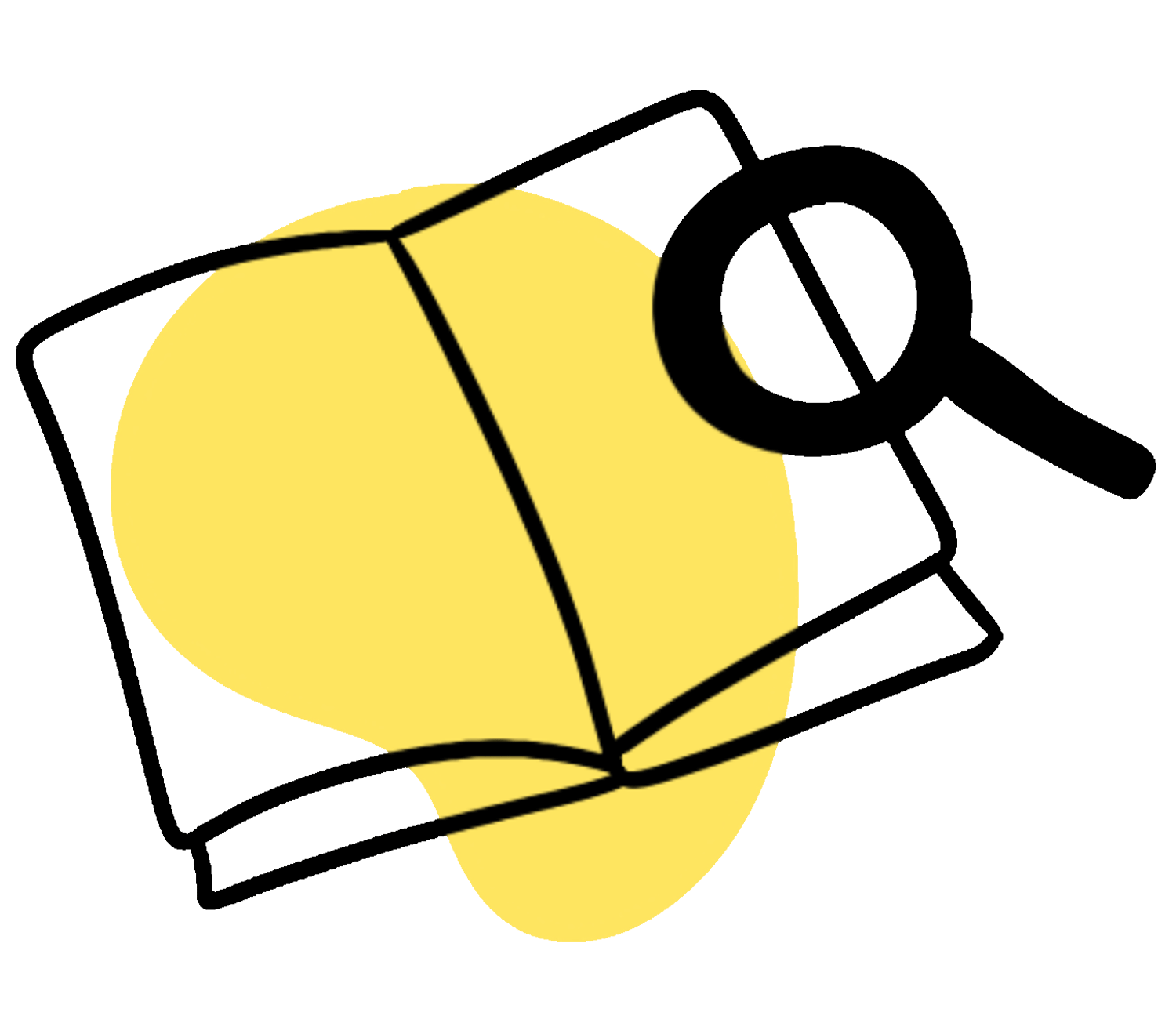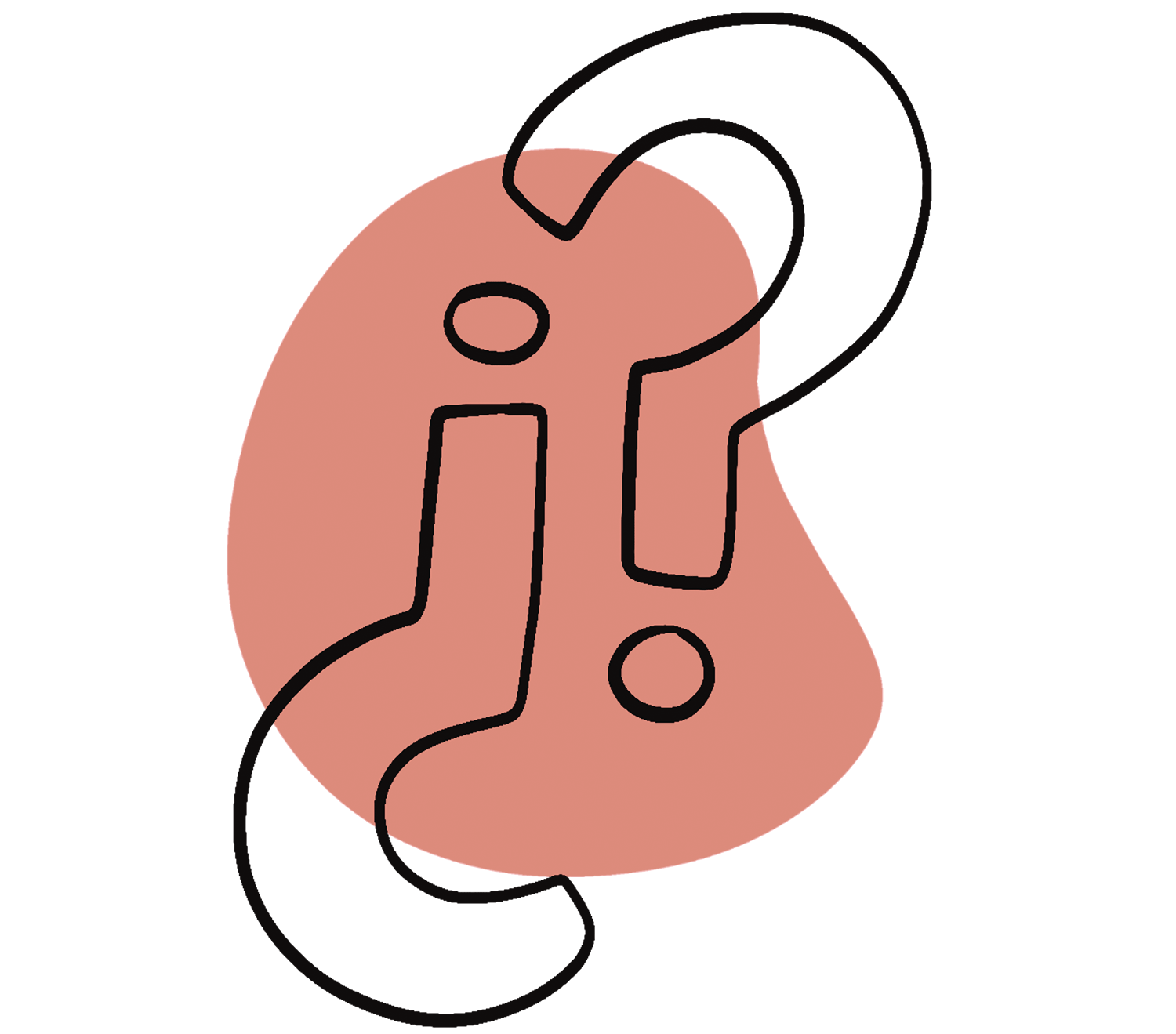The individual phases are interconnected and overlap. Writing is a recursive and reiterative process. You may frequently have to revisit and revise previous drafts, or restructure certain sections.
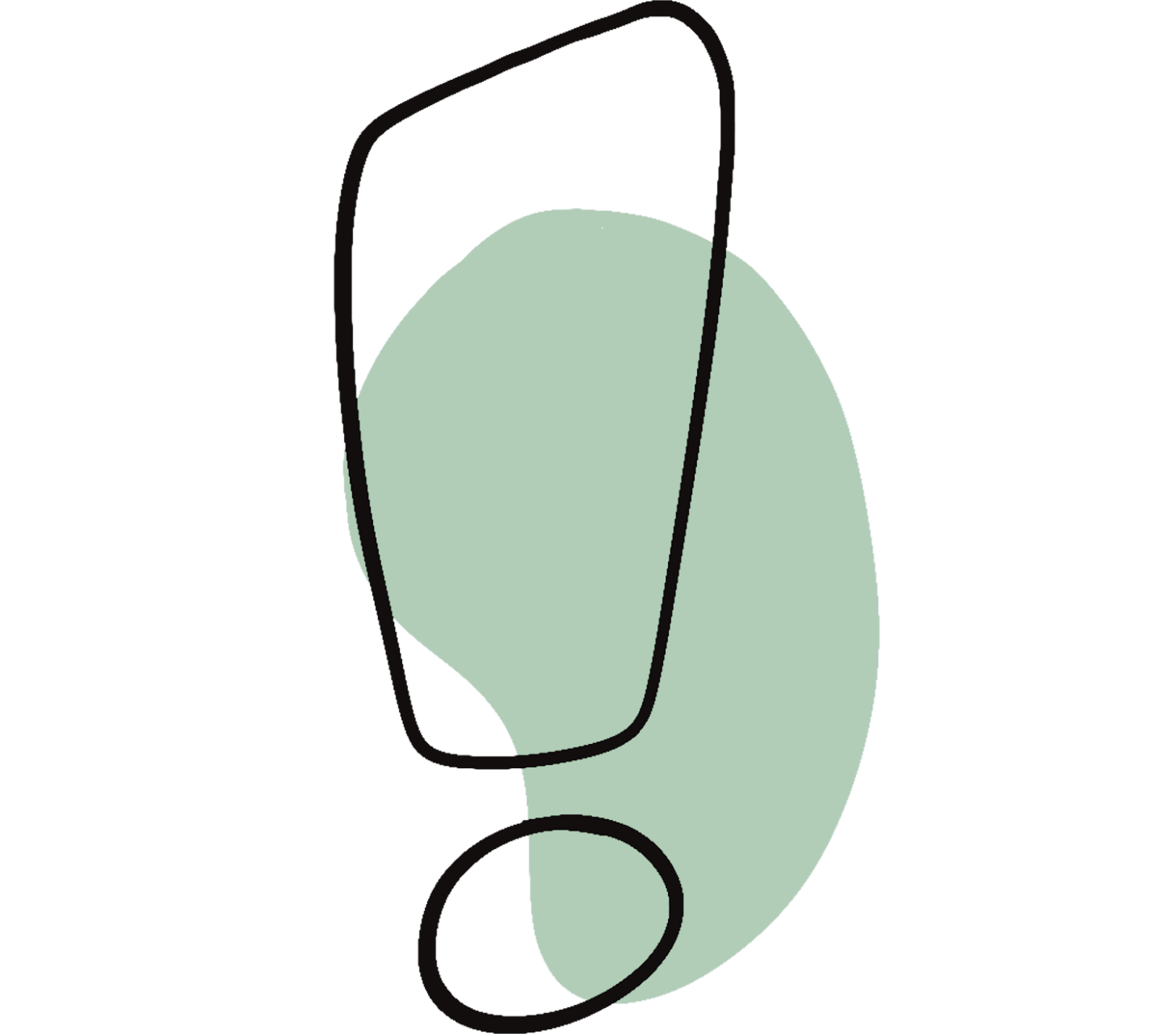
Here is an overview of the individual writing phases:
- Pre-writing: Topic, research question
- Collecting material: Research, literature
- Structure: Interaction between collecting and processing material
- Draft: First text
- Revising: Writing for the target audience
- Editing: Checking, proofreading, designing layout
1. Pre-writing
This phase involves formulating the research question, as well as finding and narrowing down a topic.
Criteria:
- Personal interest
- Own knowledge level
- The topic should not exceed the scope of the paper and must therefore be limited
- A hypothesis and a research question suitable to the topic
- Related to teaching content or to the respective subject
- Consider scope (balance between time and material)
- Preliminary research to properly classify the topic
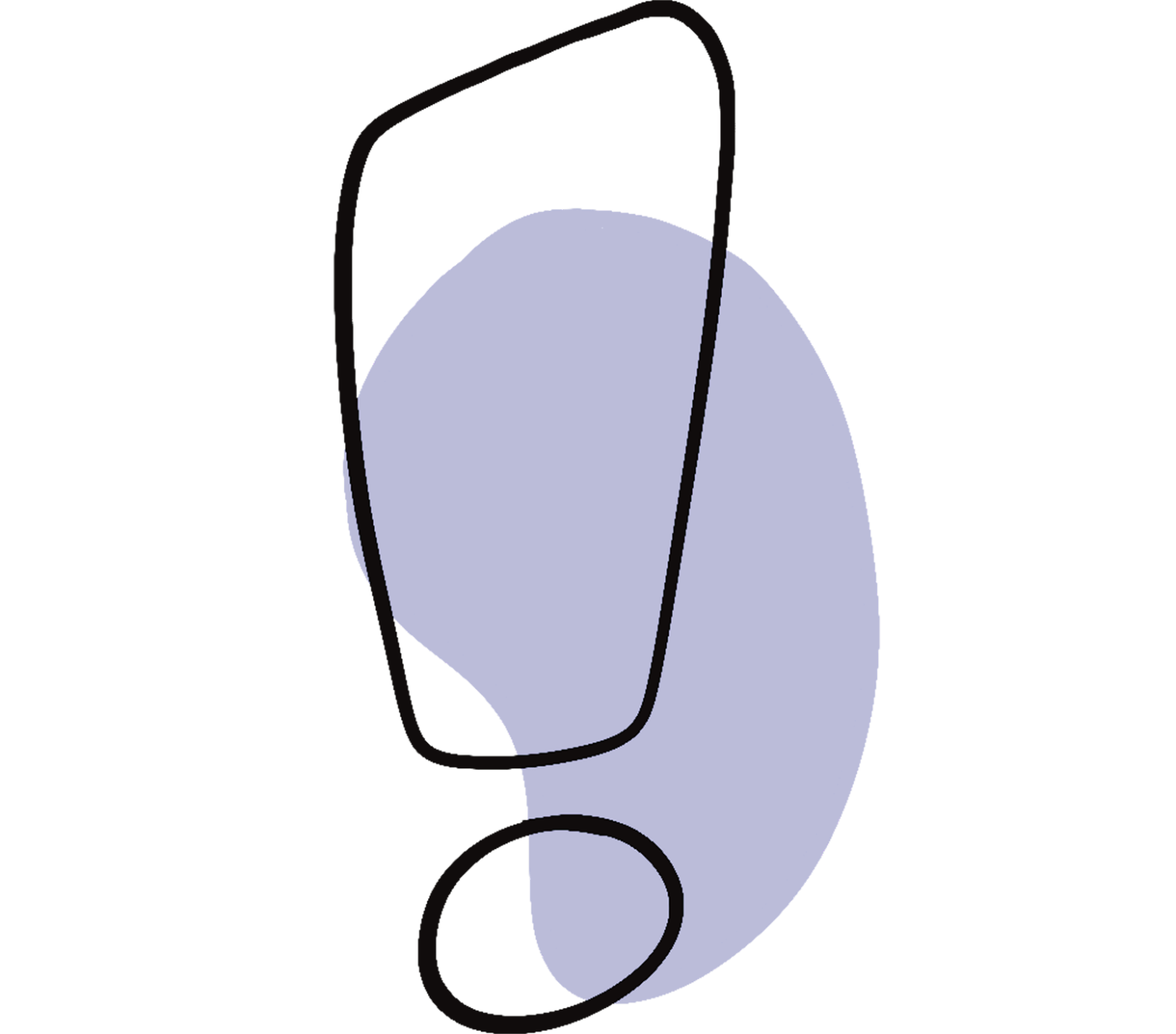
2. Collecting and processing material
Collecting literature means knowing what the literature is needed for and how you want to use it: You should always keep the research question and objective in mind. This phase includes the following points:
- Research, collecting data such as texts, measurement results, interview statements, or conversation transcripts, as well as reading and writing.
- Identifying and exploring positions and arguments.
- Writing about texts you have read, i.e., by extracting the essential ideas: create your own summaries, note direct quotations, make notes about relevance and classification.
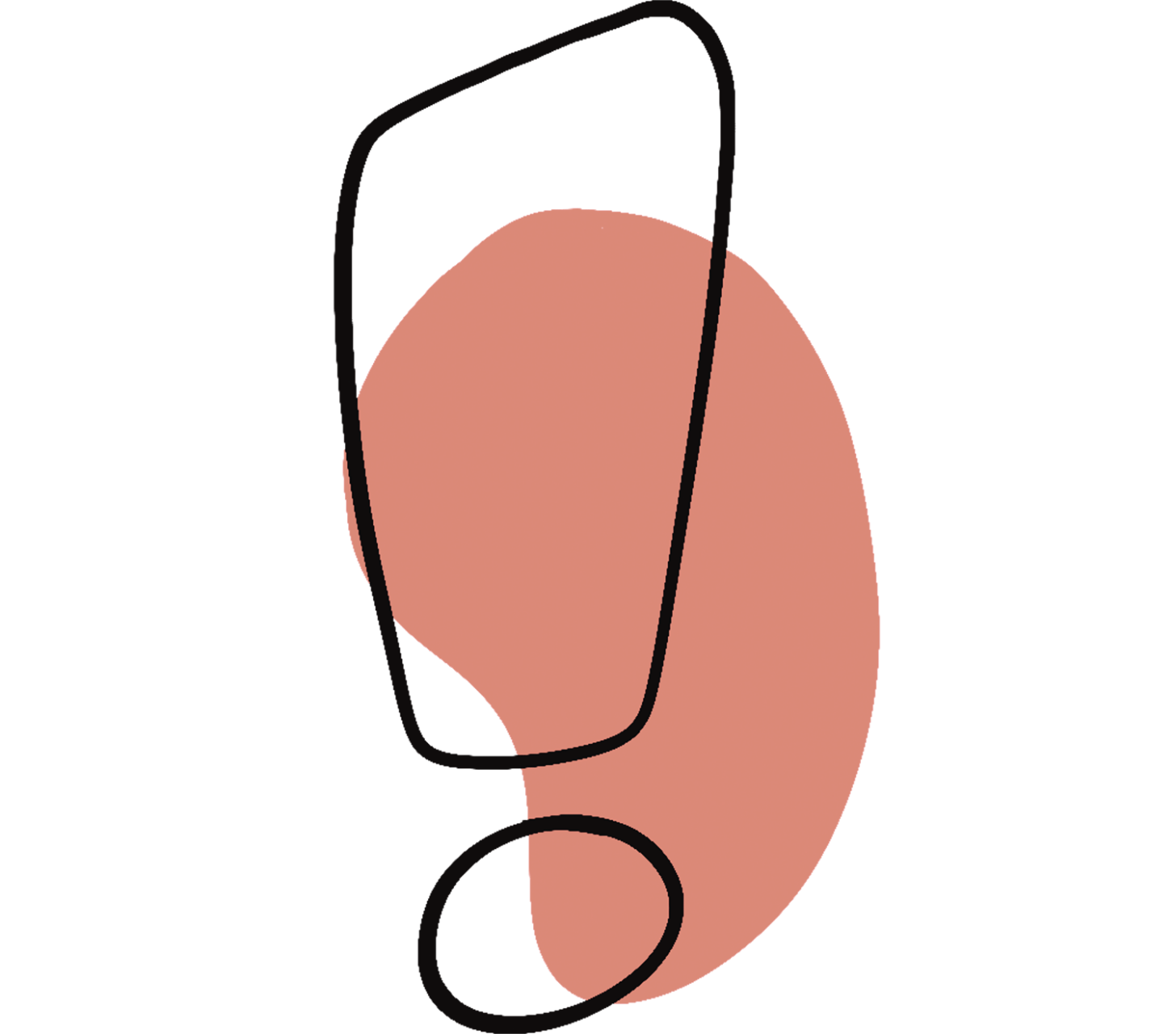
3. Structuring
The main requirement in this phase is an interaction between collecting material and processing that material:
- Outline topic/paper, classify material
- Create preliminary outline
- Combine your own argumentation with the material found
- Establish connections and identify differences between various aspects
- Create individual chapters with partial answers to the central research question
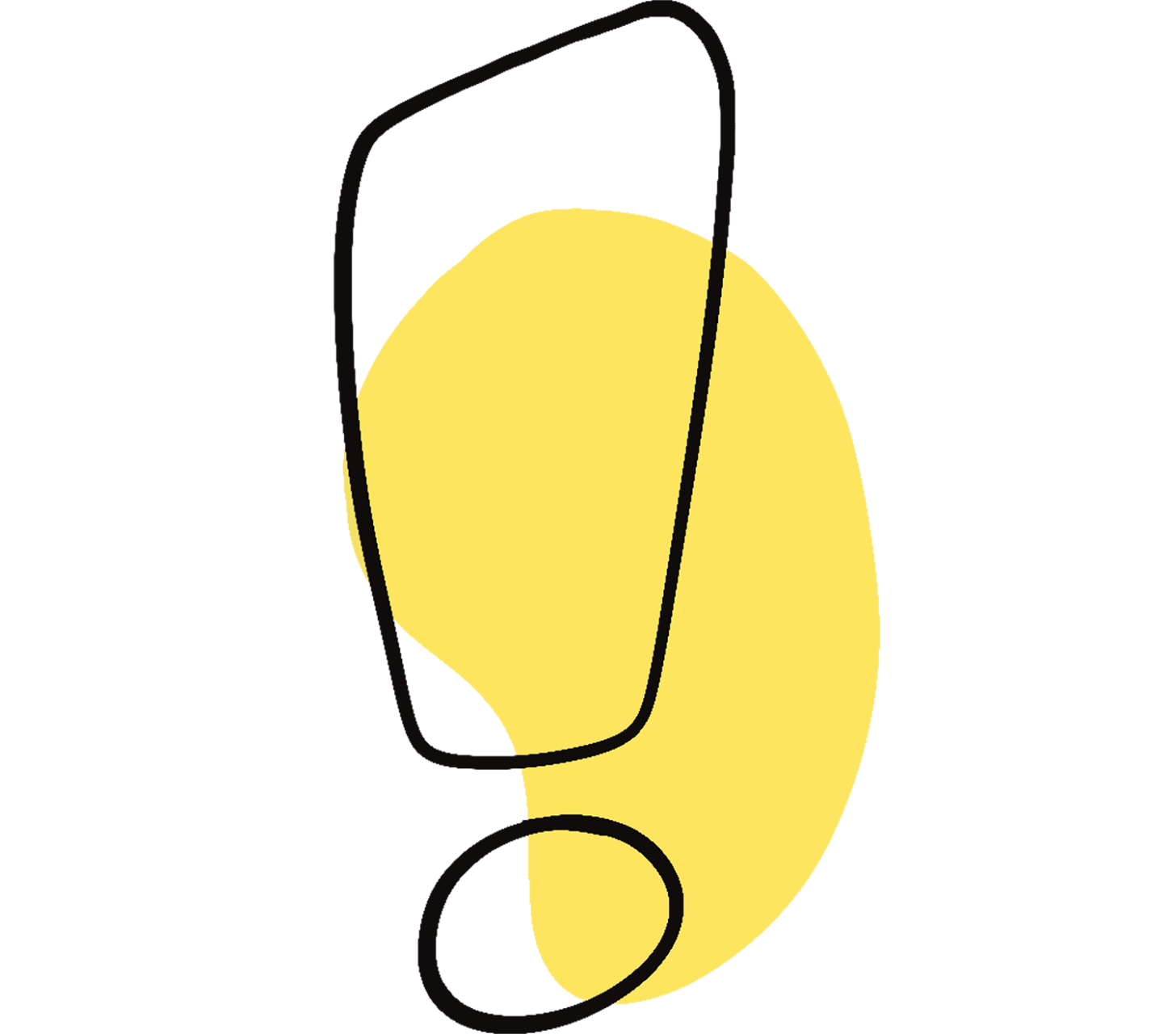
4. Write your first draft
In this phase, your focus is on writing for yourself – i.e., taking a writer-oriented approach. During this stage, you should:
- Gain knowledge
- Write the first text addressed to yourself, without worrying about finding the perfect wording
- Focus on content, not language
- Relate your own insights to individual texts you have read
- Integrate the text into the structure of your argument
- Research any gaps

5. Revising
When revising, you check the text with regard to the writing goal and your target audience. Now write for your future audience – i.e., taking a reader-oriented approach – and revise your text accordingly:
- Get feedback.
- Revise in several rounds: content, structure, citations and style.
- Guide the readers convincingly through the argumentation.
- Check if the requirements for scientific texts are met.
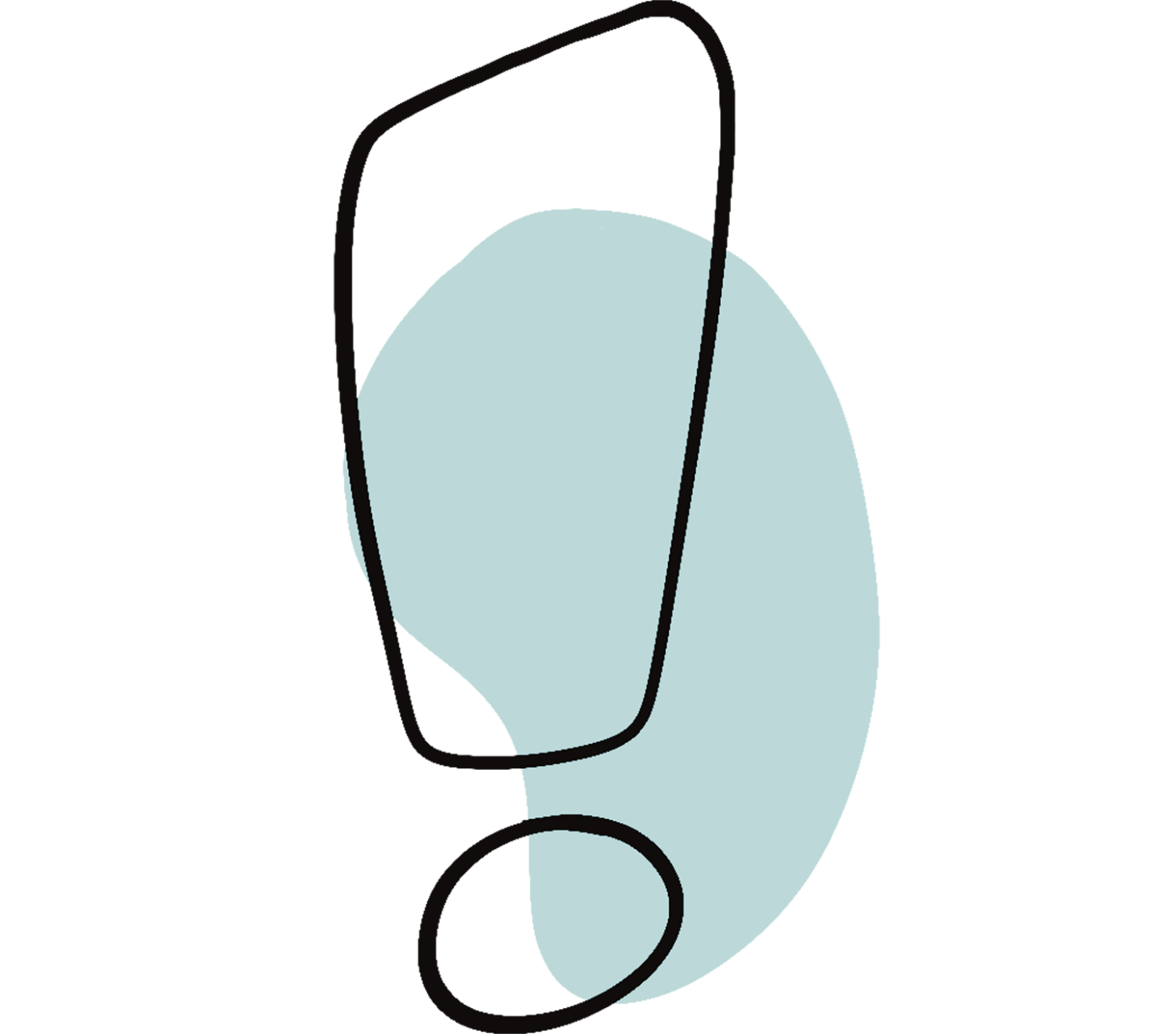
6. Editing and proofreading
The goal of editing and proofreading is to make the work ready for submission:
- Check spelling, punctuation, and grammar.
- Create and complete lists and appendices: ensure consistent formatting.
- Design and perfect the layout.

Literature: Grieshammer, Ella; Liebetanz, Franziska; Peters, Nora; Zegenhagen, Jana (2013): Zukunftsmodell Schreibberatung. Schreibberatung lohnt sich. Eine Anleitung zur Begleitung von Schreibenden im Studium. Baltmannsweiler: Schneider Verlag Hohengehren.
Can I skip or omit some writing phases, like revising?
Each writing phase has its purpose. Many students are often overwhelmed by revising because it takes more time than expected. But only through revising and intensive engagement with the text can it really become good. Often, the difference between good and bad texts is just how thoroughly they have been revised.
Can I strictly separate the writing phases from each other?
The writing phases influence each other, can repeat and overlap. In other words, you may have to restructure parts of the text while revising. Time and work plans can be very helpful.
This article was published in August 2025 and last updated in November 2024.


